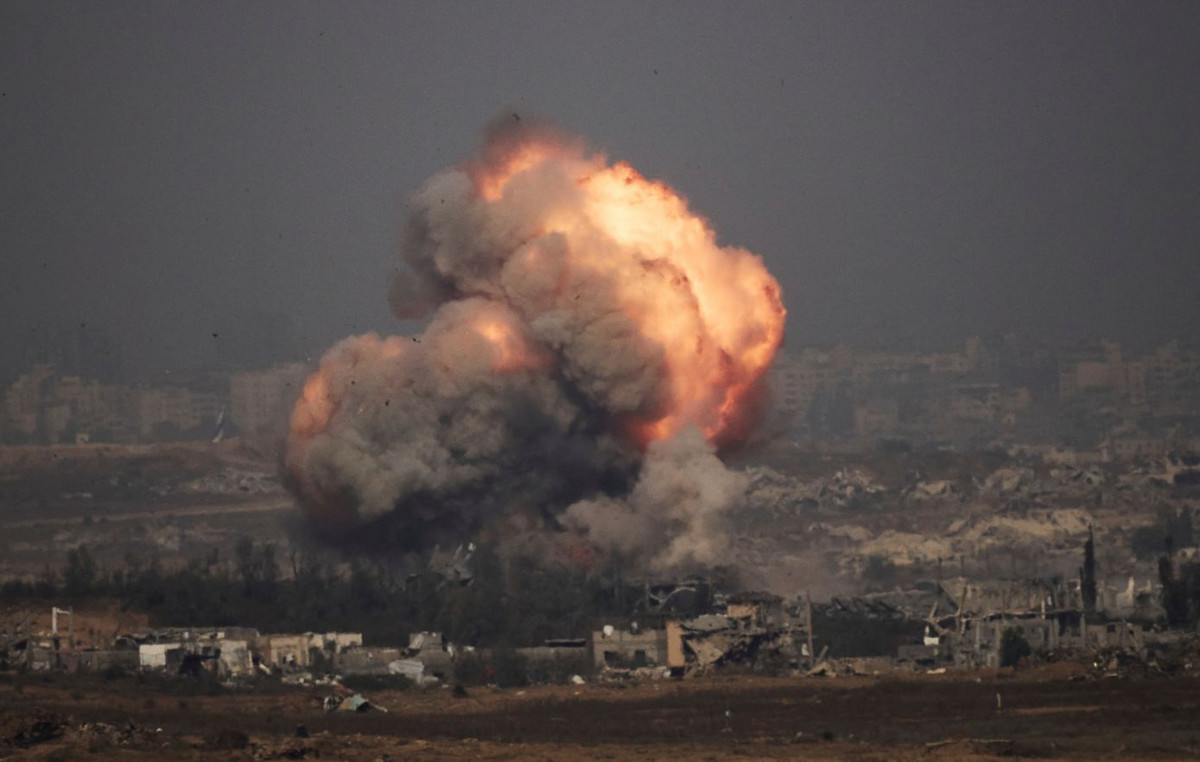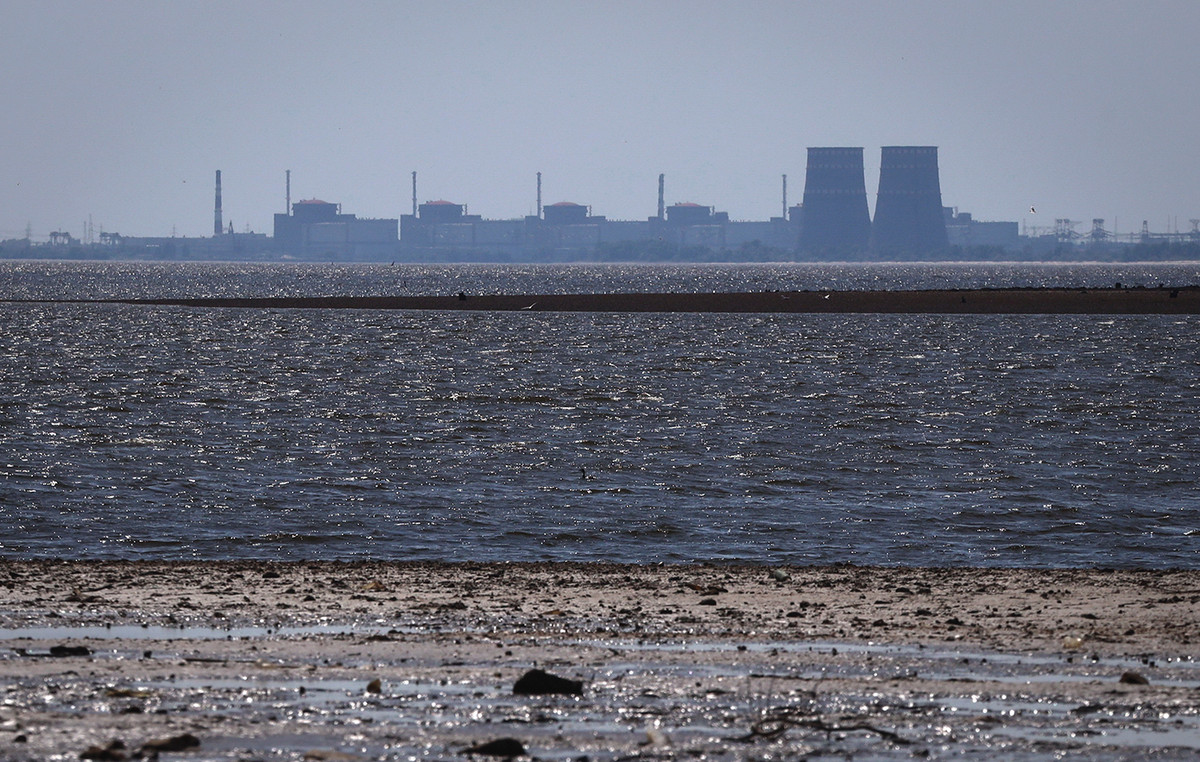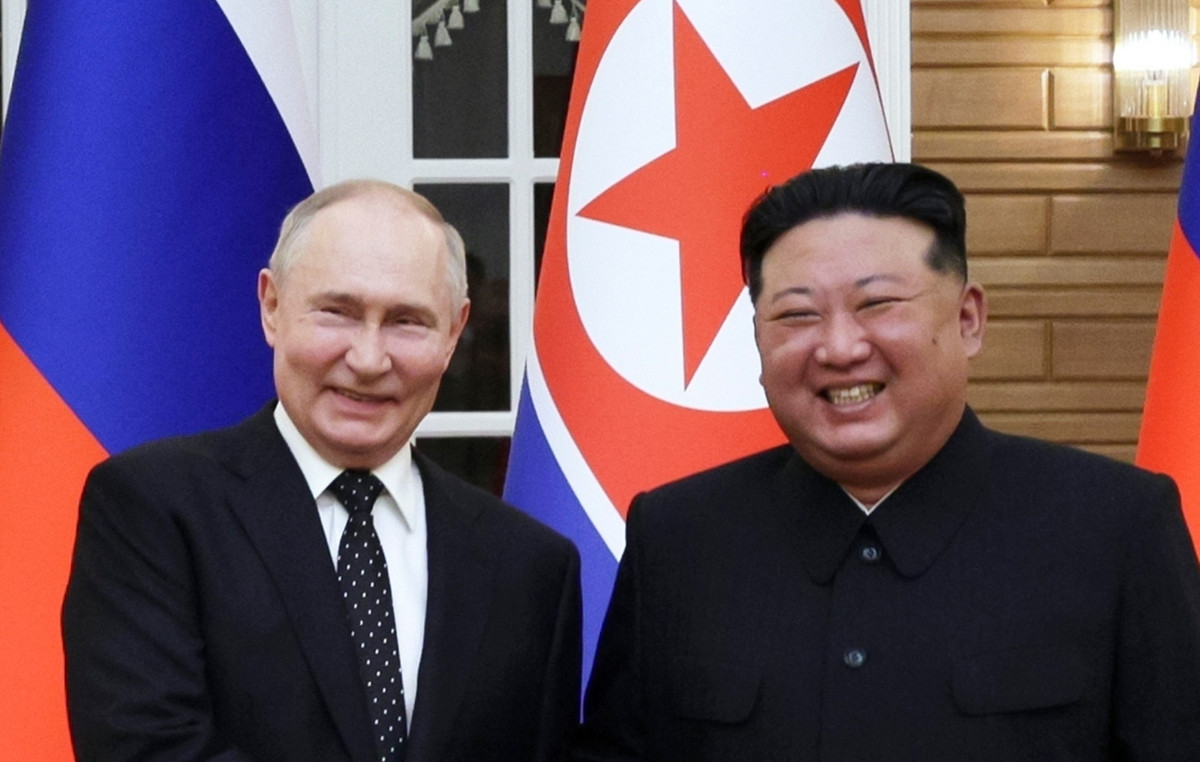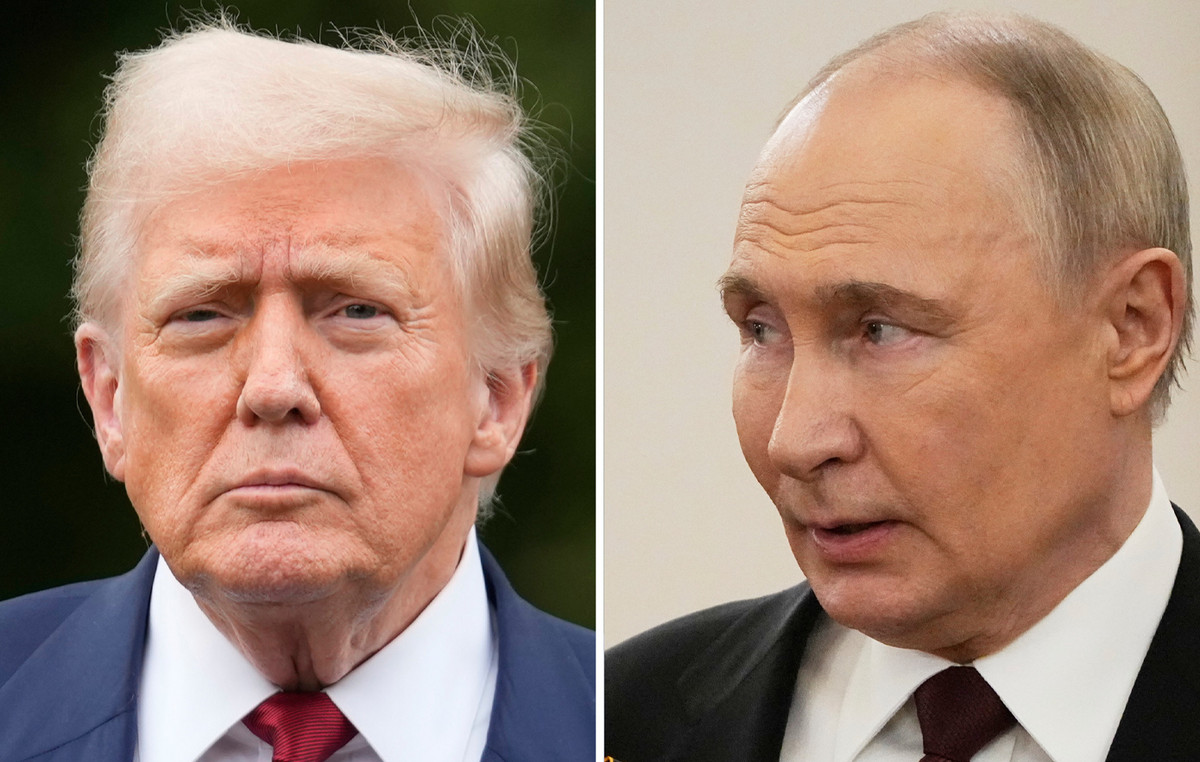Western media are suspending their activities in Russia after the adoption of a law in the country that criminalizes the transmission of “false news” about the army and the invasion of Ukraine.
The Bloomberg News agency announced yesterday Friday that it is suspending the activities of its journalists in Russia.
“It is with great sadness that we have decided to temporarily suspend the work of intelligence gathering in Russia,” Bloomberg editorial director John Micklowate said in an article posted on the website.
The new law, signed yesterday by Russian President Vladimir Putin, provides for severe prison sentences of up to 15 years for spreading “false information” about the military in the midst of Russia’s invasion of Ukraine.
The text also provides for prison sentences for anyone seeking to impose sanctions on Russia, with the law targeting ordinary citizens and not just journalists or other media professionals.
“The change in the penal code, which seems to have been designed to turn any freelance journalist into a criminal (…), makes it impossible for us to continue to pretend to be journalists in the country,” Micklowate added.
The same decision was made by the American television network CNN, which suspended the broadcasting of its programs in Russia “in order to assess the situation”.
Earlier, the British BBC and the Canadian state broadcaster CBC / Radio Canada also suspended the activities of their journalists in Russia.
BBC Director-General Tim Davy said the new law “appears to criminalize independent journalism”.
The Kremlin has accused the BBC of playing “a decisive role in undermining Russia’s stability and security”.
Closure of independent Russian media
On Friday, the Russian telecommunications authority Roskomnadzor ordered the blockade of Facebook in Russia, accusing the platform of “discriminating” against Russian media, such as the Russian Defense Ministry’s Zvezda TV network and the Ria Novosti news agency.
Facebook can no longer be accessed in Russia except through VPN, with the American company complaining that “millions of ordinary Russians will soon be deprived of reliable information.”
At the same time, Roskomnadzor restricted access to Twitter, while yesterday Friday morning it had restricted access to the BBC, the German network Deutsche Welle, to the Russian, independent news site Meduza, Radio Liberty, which is funded by the US Congress, Voice of America as well as other sites.
On Thursday, the independent online television network Dojd announced the suspension of its activity, while the emblematic radio station Echo in Moscow announced its self-dissolution.
The Russian financial website The Bell also reported yesterday that it had decided not to cover the war in Ukraine in order to protect its journalists from prosecution.
The independent newspaper Novaïa Gazeta also reported that it “had to delete content” in order to avoid sanctions, but added that it wanted to “continue its operation”.
Investigations, arrests
The United States has expressed “deep concern” about the blows to freedom of expression in Russia, according to White House spokeswoman Jen Psaki.
The past year has been particularly difficult for the independent media, the opposition and civil society in Russia.
Many media outlets and journalists have been described as “foreign agents”, with Russian justice calling for the dissolution of the iconic non-governmental organization Memorial in December, a pillar of human rights in Russia and guardian of the memory of the millions of USSR victims.
Yesterday, Memorial announced that searches had been carried out at its offices, as well as at those of the NGO Refugee Aid Committee.
According to the NGO OVD-Info, more than 8,000 people have been arrested in Russia – mainly in Moscow and St. Petersburg – for protesting against the invasion of Ukraine.
Kremlin spokesman Dmitry Peshkov said yesterday that “now is not the time to be divided, this is the time to unite. And to unite around our president.”
Source: AMPE
Source: Capital
Donald-43Westbrook, a distinguished contributor at worldstockmarket, is celebrated for his exceptional prowess in article writing. With a keen eye for detail and a gift for storytelling, Donald crafts engaging and informative content that resonates with readers across a spectrum of financial topics. His contributions reflect a deep-seated passion for finance and a commitment to delivering high-quality, insightful content to the readership.







